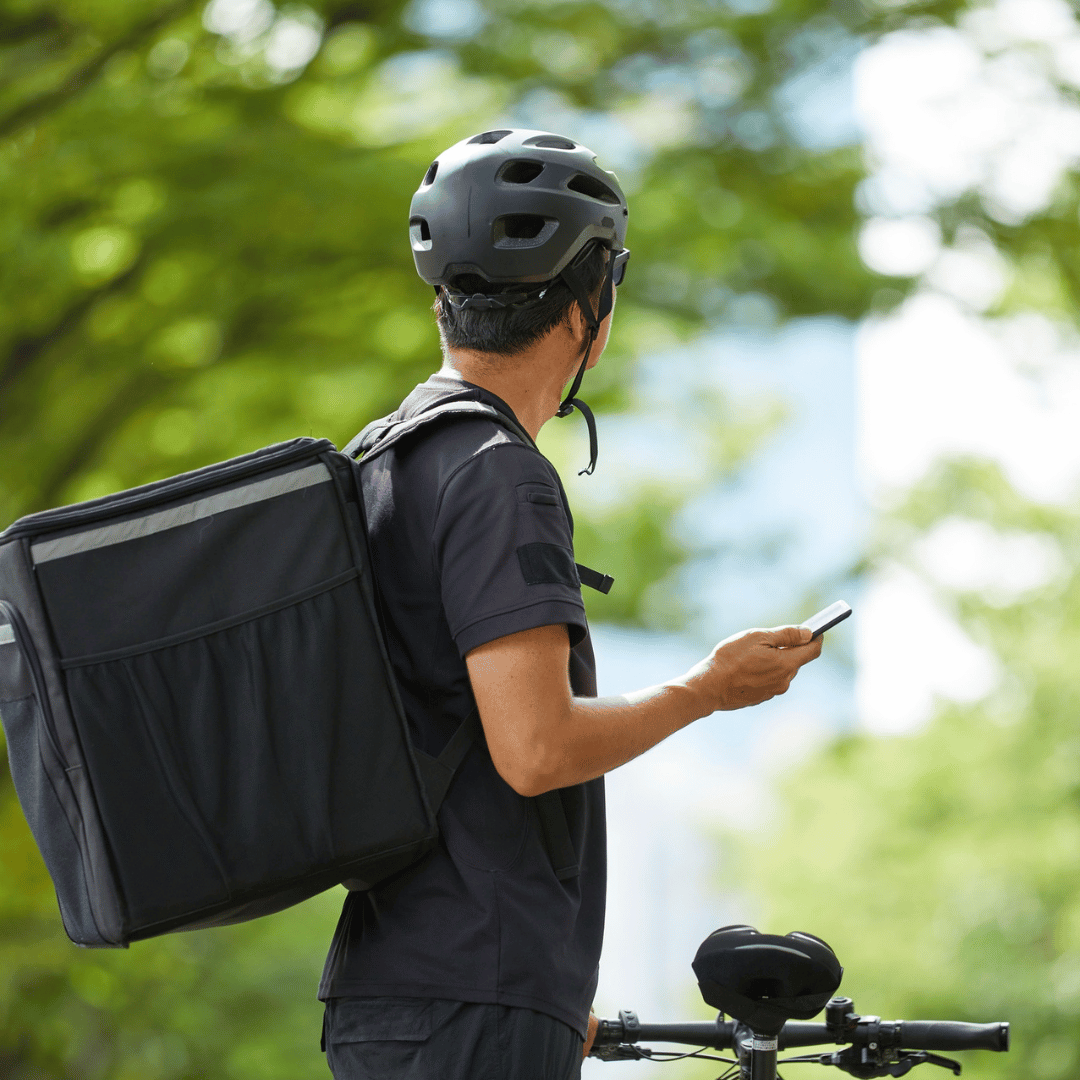STUDYING AND WORK
Simultaneously studying and working in Germany provides numerous advantages, including gaining practical work experience, earning income to support expenses and eventually making a smooth transition to the job market after graduation.
As a student, it is allowed to work alongside studies – however, there are some restrictions. The underlying rule is that your main occupation remains that of a student.
Generally, it is possible to work up to 20 hours per week during the semester and full-time during breaks. The underlying rule is that your main occupation remains that of a student.
Non-EU/EEA students
can be employed alongside their studies – as either a “working student” (Werkstudent) or in a so-called “Mini-Job” – if the residence permit allows for this.
When you apply for a residence permit, speak with the immigration authorities about working alongside your studies so you know exactly what work permits and time restrictions apply to you.

Students from the EU/EEA
can be employed alongside their studies – as either a “working student” (Werkstudent) or in a so-called “Mini-Job”.
Students can generally work up to 20 hours a week.
Work more than 20 hours a week during weekends and study breaks,
only for a maximum of 26 weeks per year.
It doesn’t matter how much money you earn as a working student,
as long as the time restrictions are maintained.
If your work time exceeds these limits, your main occupation is no longer a student – and you’ll be insured as an employee.
When you start working alongside your studies, you’ll need to take out mandatory student health insurance with a German health insurance provider.
As soon as you plan to start your job, please contact the insurance so that they can provide you with all necessary documents.


